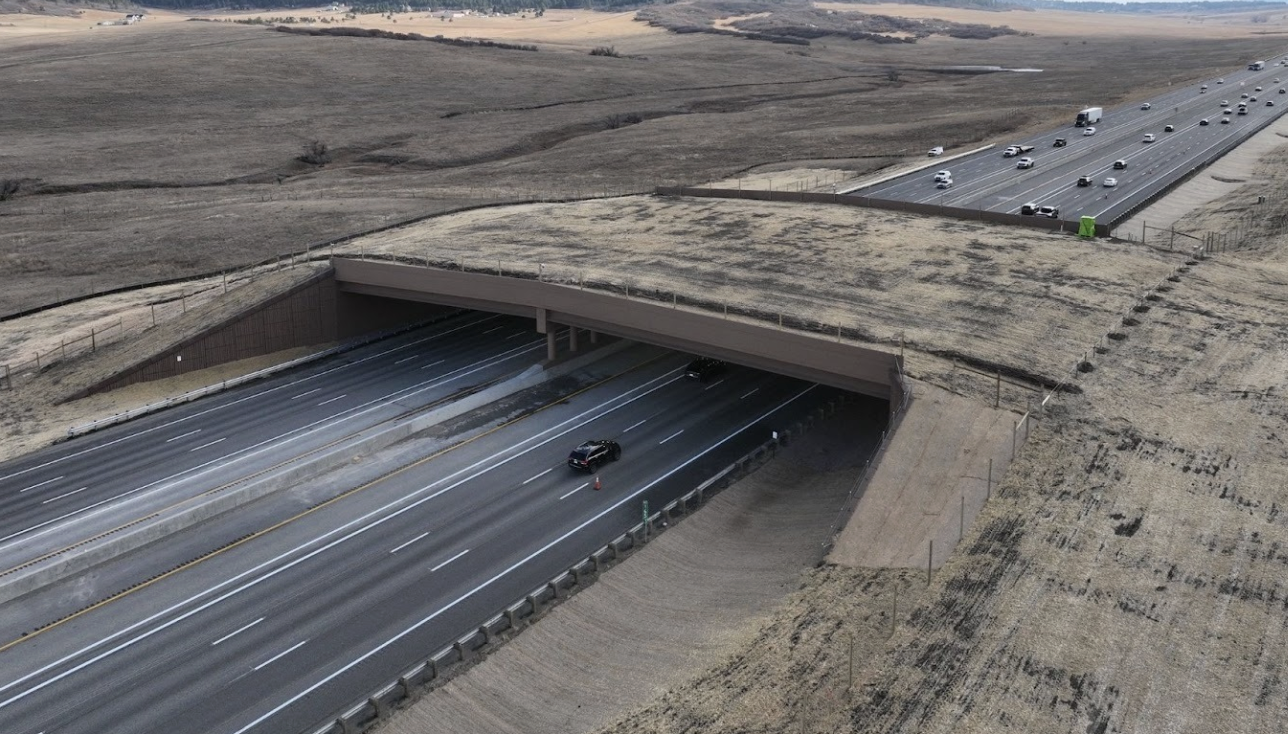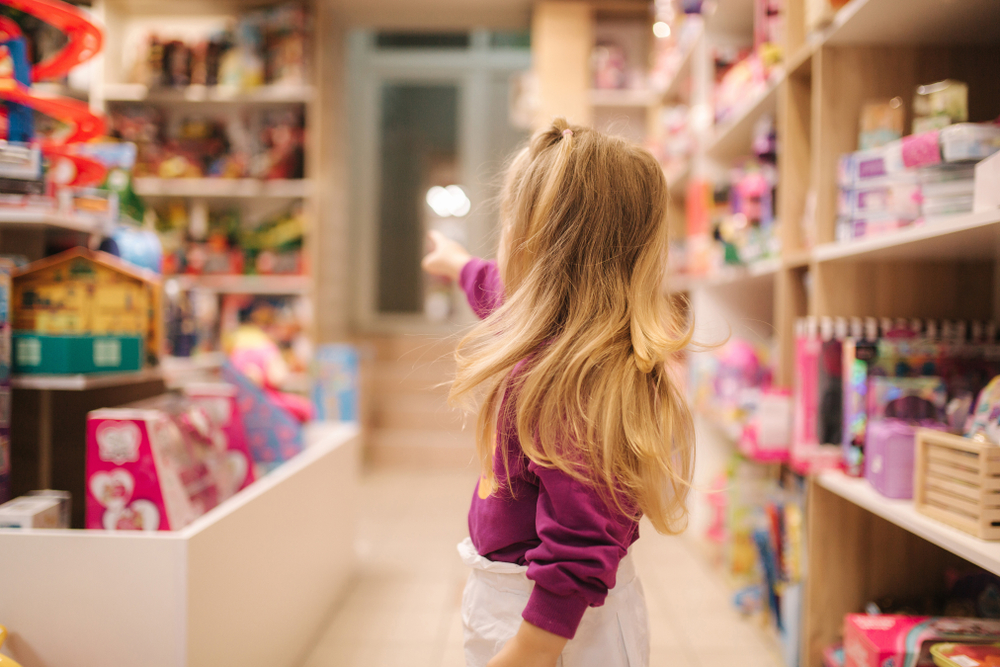A recent report from the U.N.'s Intergovernmental Panel on Climate Change reads more like a warning: Dramatically reduce CO2 emissions by 2030 or face dire consequences.
The report essentially moves up the timeline for when we could see "more extreme weather" and "rising sea levels." That's without making "unprecedented changes" to the world's energy and agriculture practices.
But according to the report — and astrophysicist Neil deGrasse Tyson — it's not too late.
NDT: "There's some people that say, 'Well, nothing we can do about it…'"
CB: "Is that the case? I mean, for the layperson … OK, well, there you go."
We spoke to Tyson about climate change and global security in a world working to reduce carbon emissions.
CB: "For people who are, you know, coming to grips with that and knowing what this U.N. report says about us having until 2030 really to dramatically shift our behavior, I mean, what is it that we, you know, we should be doing from from your standpoint, from an astrophysicist's standpoint?"
NDT: "I don't tell people what to do. What I say is, I give the causes and effects of what you do or do not do. And then I walk away. I'm not here to debate you, OK?"
CB: "Debate somebody else. Debate ya momma."
NDT: "Debate the person on the street talking to themselves. I'm not here to debate. I'm here to offer you information."
NDT: "When carbon dioxide goes into the atmosphere, whatever's going on in the atmosphere, it achieves a kind of equilibrium with the oceans. The oceans are always churning. That's why the fish can breathe oxygen — because oxygen is churning at the boundary between an ocean and the air. That's why your fish tank has bubbles bubbling through it. If that bubble machine stops — we all saw 'Finding Nemo.' What happens? It gets ugly."
NDT: "What happens is carbon dioxide in the atmosphere enters the ocean. The ocean has an uptake of these gases. And so it stays at sort of surface equilibrium. You add more carbon dioxide to the air, some gets absorbed so that they stay in equilibrium."
NDT: "If we stop all carbon dioxide production today, and the carbon dioxide begins to ebb from the atmosphere, then that will draw carbon dioxide back out of the ocean that had been dissolved over the previous years. So there will be a time delay of when you stop versus when the total carbon dioxide levels will systematically drop."
That time delay is mentioned in the U.N.'s report — by 2030, we would want to be well on our way away from carbon emissions. This would get us to "net zero" around 2050, meaning no additional greenhouse gases going into the atmosphere. But without changes to reduce emissions, Tyson says it's clear what comes next.
NDT: "Storms, the swells for storms, that's the first indication of the change in water levels."
NDT: "It will transform civilization as we know it. ... You know who is paying attention? The military, because if you displace entire peoples from their towns — there are islands in the South Pacific where the average elevation of the island is a few feet above sea level, so you lose these islands, and then you have a refugee problem. And this destabilizes regions, as we've known and has been demonstrated ever since the history of war and refugees. It becomes a security issue ... and the military knows it. It's also a financial issue."
NDT: "So if we do nothing, sea levels rise, energy gets pumped into the oceans that pumps energy into the atmosphere, the extremes of weather become more significant, and it'll become the new normal."




 Addressing The Dire Climate Straits Could Mean Leaving Coal Behind
Addressing The Dire Climate Straits Could Mean Leaving Coal Behind The Shape Of Florida's Gulf Coastline Can Make Storm Flooding Worse
The Shape Of Florida's Gulf Coastline Can Make Storm Flooding Worse






